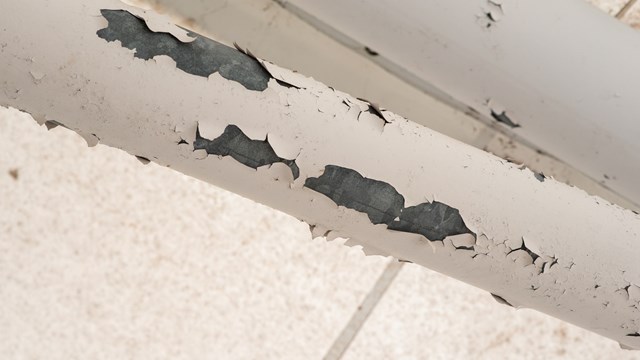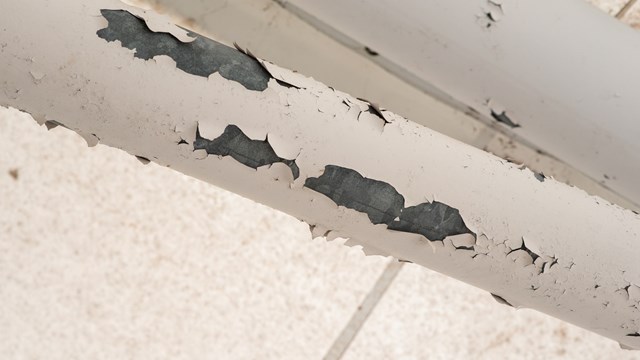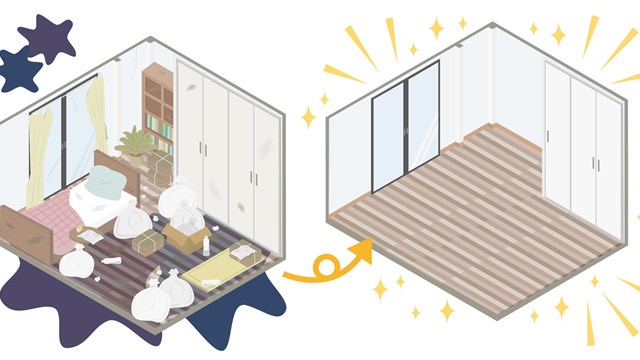
Q. All lower floors in our co-op are being poisoned by gasoline exhaust fumes, sickening all tenants in the lower floors, endangering the youngsters and seniors in the building, and exacerbating preexisting conditions. In addition, the landscaping equipment in the adjacent building is also adding tremendously to the destruction of our health and the legal destruction of our habitability and nuisance problems caused by the unfeeling and unresponsive board members and management. We’re at our wit’s end. Should I send out a petition for a cease and desist?
—We’re Desperate
A. “There are a number of options short of going to court to attempt to solve this reader’s problem — and then maybe going to court,” says attorney Andrew Weltchek of the New York-based firm Cohen Hochman & Allen.
“The reader doesn’t identify the source of the gasoline fumes. Maybe they are coming from the equipment used by the landscapers next door, or maybe from a commercial unit in the reader’s building. Either way, the reader can always make a complaint to the New York City Department of Health (DOH) or the Department of Environmental Protection (DEP) by calling 311. This might prompt the city to send inspectors to the building, and they might issue violations to the co-op board or the adjoining building owner and their tenants or landscapers. In order to clear the violations, the board or the neighbor would have to cure the illegal conditions.
“It sounds like residents have complained to the co-op board but haven’t received a satisfactory response. But there is always strength in numbers. First, do some more homework. Go through the co-op bylaws and rules to find exactly which provisions you think are being violated. Ask the managing agent to see the minutes of the board meetings to see if your problem has been discussed. Then, armed with this information, go through the building to ask the other residents if they are suffering from these conditions. Ask them if they would sign a petition to submit to the board and present at the next board meeting. Ask what health problems residents have had because of the conditions, and document them. If there is a board election coming up, contact the candidates to get their support or run some candidates of your own.
“Then, if all else fails, you can consider raising money, hiring an attorney, and suing—either the board for failing to properly maintain the building, or the neighbor for harming the co-op residents, or both. If you’ve done your homework and organized other residents to join you, you’ll be in a stronger position if you have to go to court.”









Comments
Leave a Comment